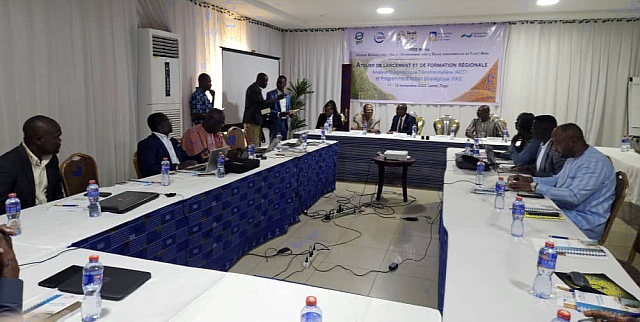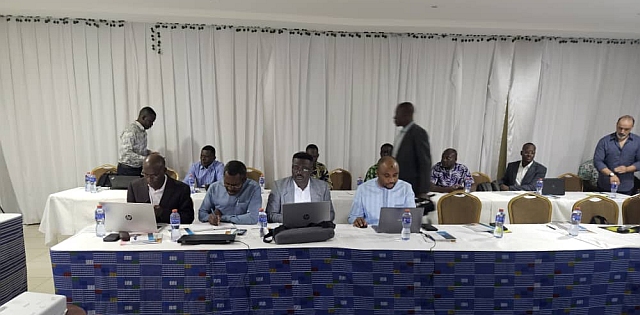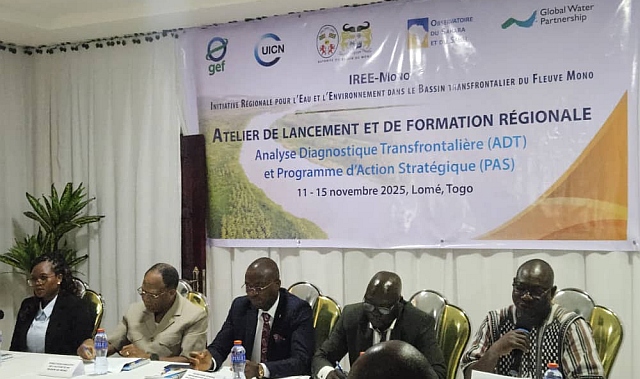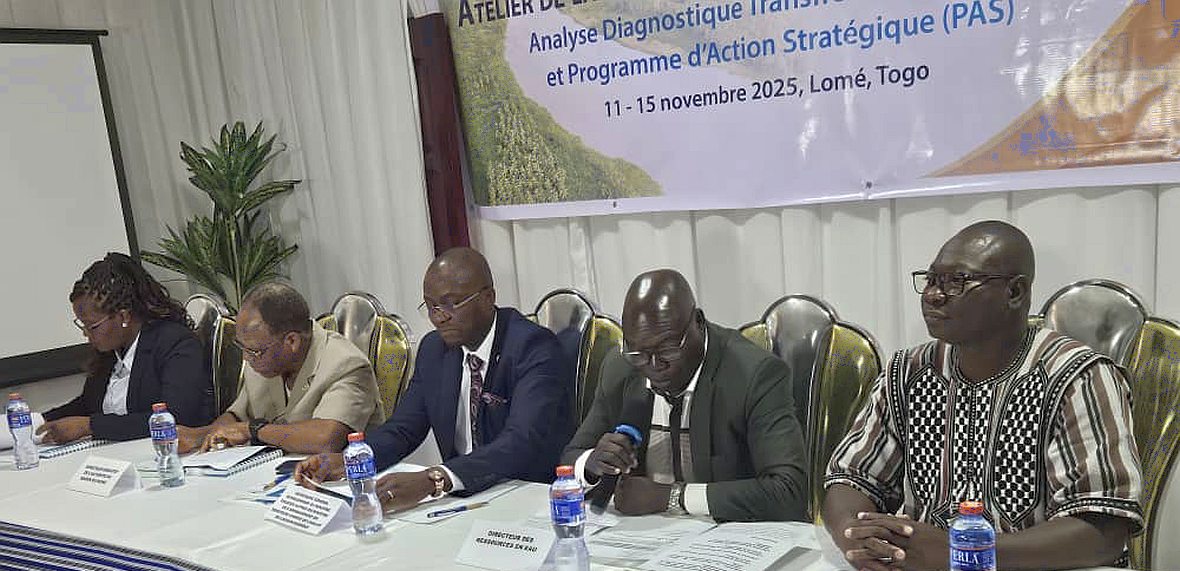This workshop, organized by the Sahara and Sahel Observatory (OSS) in collaboration with the Mono Basin Authority (MBA), the International Union for Conservation of Nature (IUCN), and the Global Water Partnership West Africa (GWP-WA), marks the beginning of a strategic process aimed at strengthening integrated and sustainable management of water resources and ecosystems in the Mono basin.

The Mono basin, shared between Benin and Togo, covers 24,300 km² and is home to more than 3.5 million people. It plays a vital role in agriculture, hydropower generation, fishing, and biodiversity, but faces major challenges: resource degradation, climate change impacts, demographic pressures, and weak governance.
In his address, the GWP-WA representative emphasized the importance of this process to “identify major pressures, prioritize transboundary issues, and propose concerted responses based on reliable data.” He highlighted the complementarity of partners: OSS provides scientific expertise for the TDA, while GWP-WA facilitates stakeholder engagement and translates recommendations into concrete actions.

The project, funded by the Global Environment Facility (GEF), aims to promote best practices related to water, ecosystems, and climate change adaptation, with an inclusive approach integrating gender, youth, and local communities.
Expected outcomes:
- A shared understanding of the objectives and methodology of the TDA/SAP process;
- A common commitment from stakeholders to implement the process;
- Validation of priorities and key steps;
- Establishment of a transboundary collaboration framework.
This workshop marks the start of a regional dynamic to make the Mono basin a model of successful transboundary cooperation and climate resilience in West Africa.

